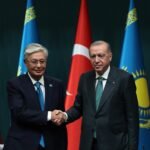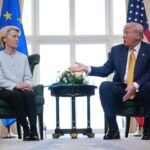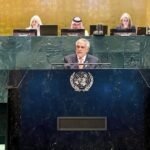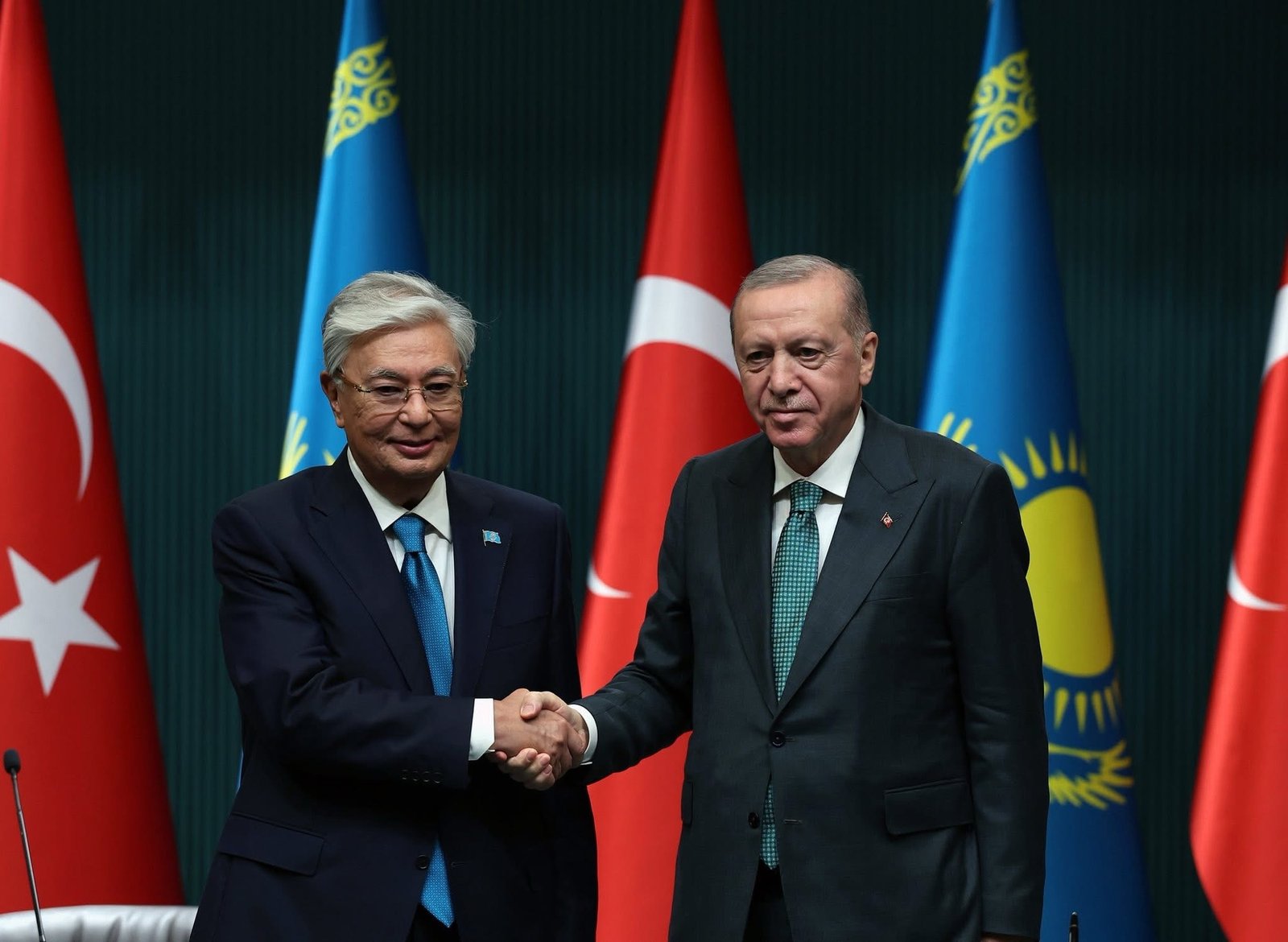
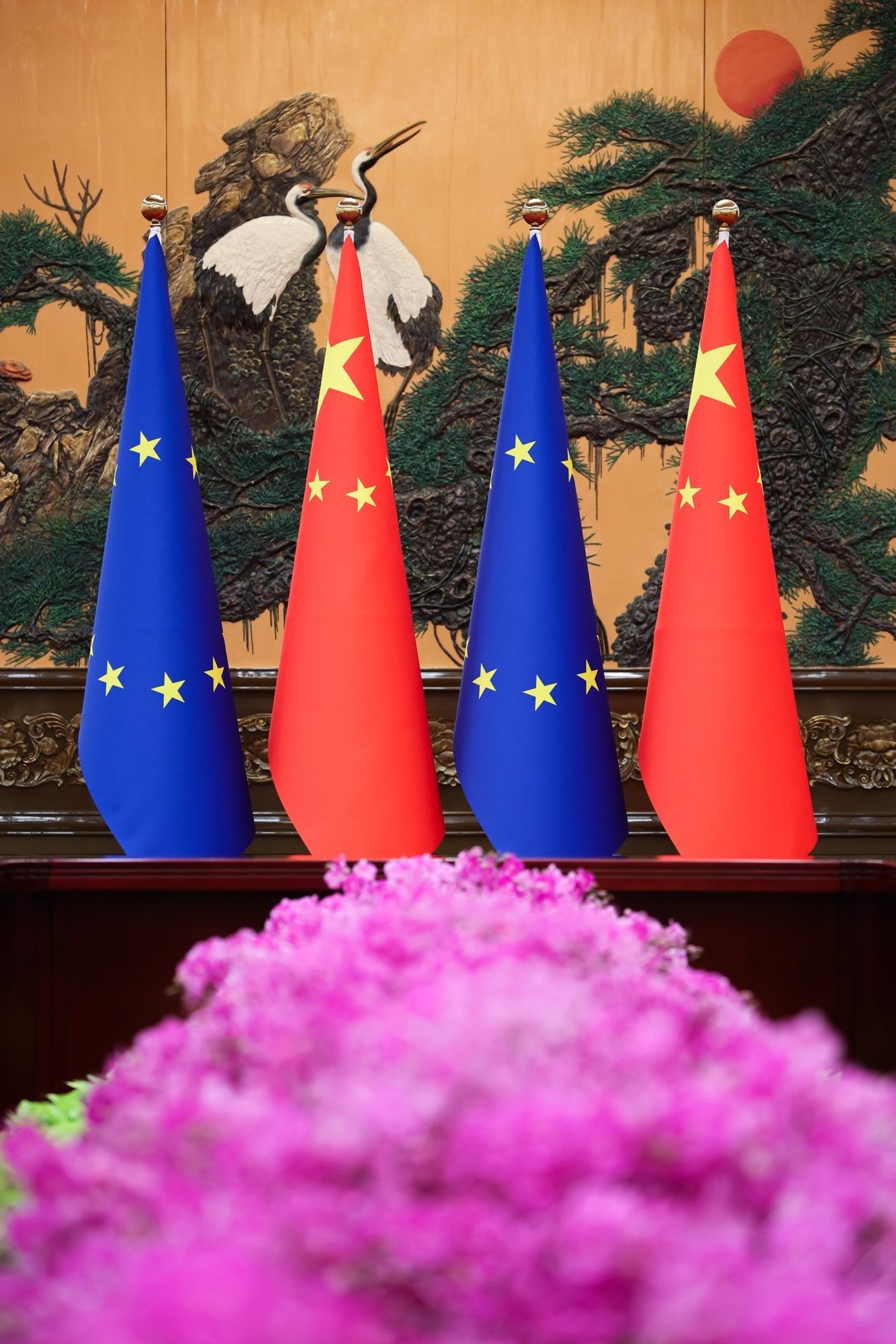
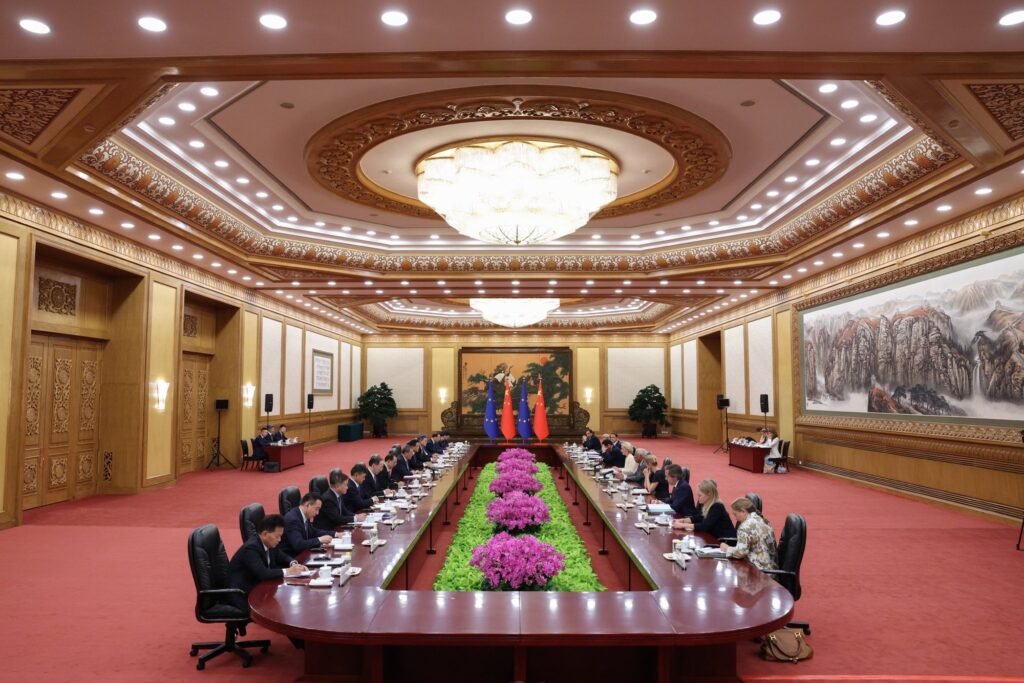
Diplo Insights | Beijing | July 2025
On the occasion of the 50th anniversary of diplomatic relations between the European Union and the People’s Republic of China, and the 10th anniversary of the Paris Agreement, leaders from both sides convened in Beijing for a high-level EU-China Summit, reaffirming their commitment to multilateralism, global peace, economic cooperation, and climate leadership.
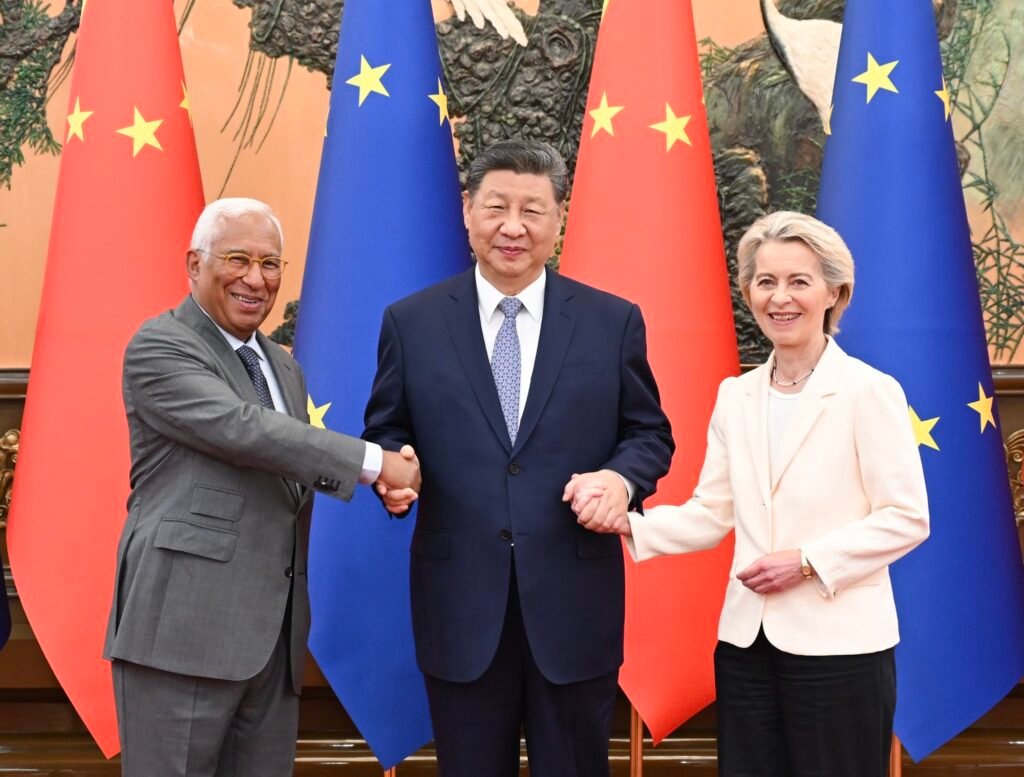
The summit was co-chaired by President of the European Council Charles Michel, President of the European Commission Ursula von der Leyen, and Chinese President Xi Jinping, reflecting the significance both parties attach to their comprehensive strategic partnership.
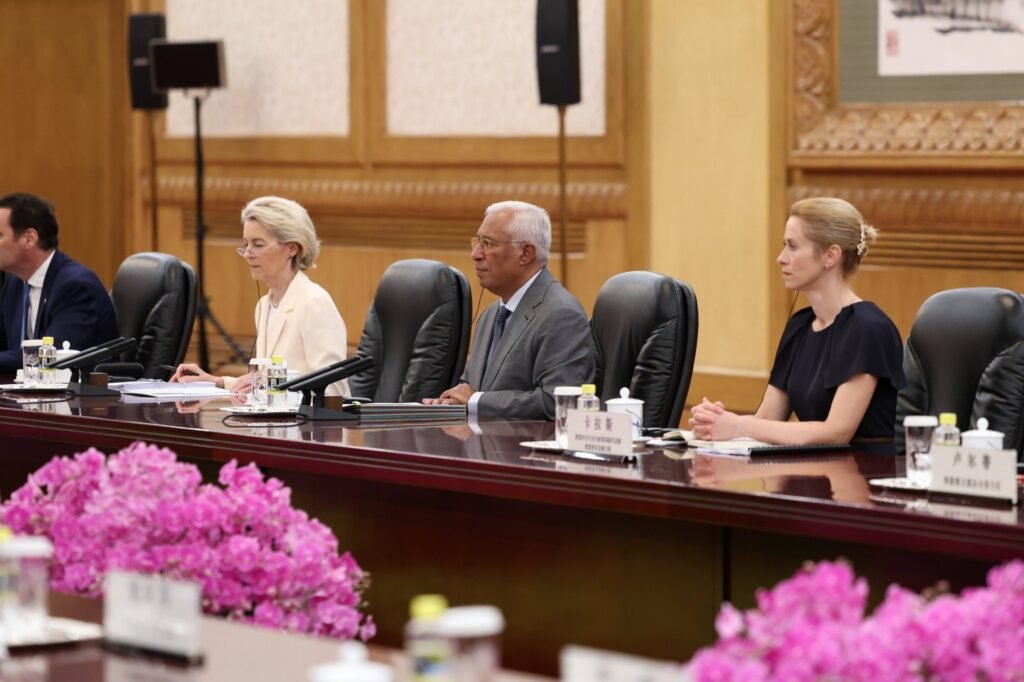
Joint Commitment to Multilateralism and Strategic Stability
In their official joint statements, both the EU and China emphasized the importance of a stable and constructive relationship, and the need to uphold the multilateral international order, with the United Nations at its core. The two sides acknowledged the importance of managing differences through dialogue and engagement, particularly amid global instability.
Chinese leaders highlighted that China and the EU, as major global actors, have a shared responsibility to contribute to world peace, economic recovery, and sustainable development. European leaders acknowledged China’s global influence and the need for continued dialogue and practical cooperation.
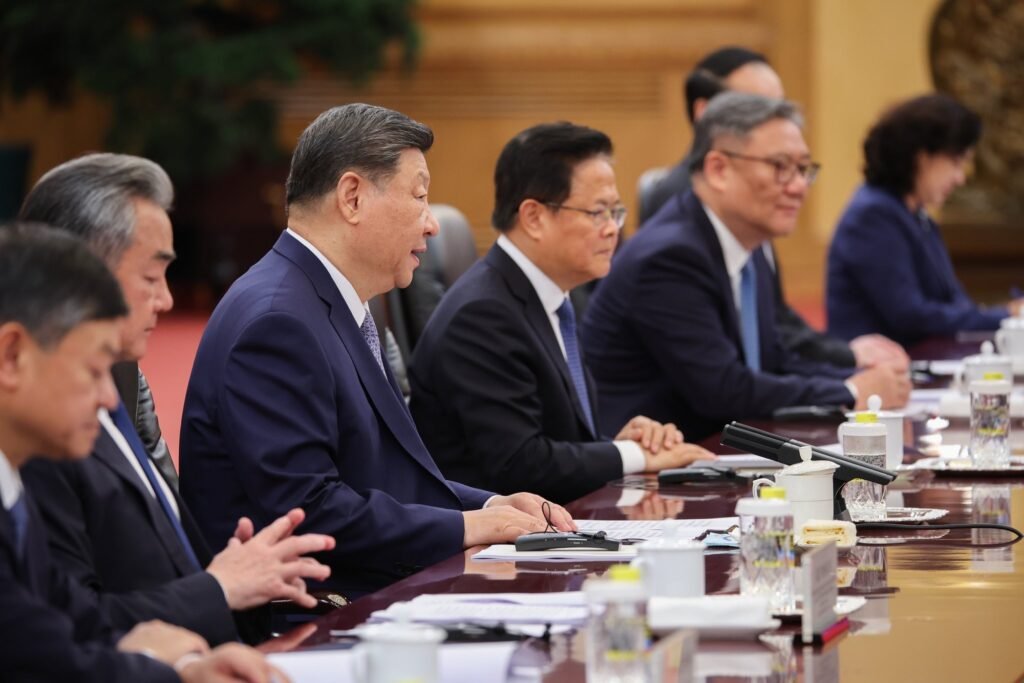
“China is ready to work with the EU to deepen mutual trust, expand cooperation, and jointly uphold true multilateralism,” President Xi Jinping said during the talks.
Climate: A Shared Priority Amid Global Challenges
At the center of the summit was a comprehensive Joint Press Statement on Climate Cooperation, issued by both sides. Marking the 10th anniversary of the Paris Agreement, the statement emphasized that climate change remains a critical shared priority and a positive pillar of the EU-China relationship.
Both sides reiterated their full support for the UN Framework Convention on Climate Change (UNFCCC) and the Paris Agreement, committing to their comprehensive, faithful, and effective implementation in light of national circumstances and the principle of common but differentiated responsibilities and respective capabilities (CBDR-RC).
Key Climate Commitments in the Joint Statement:
1. Upholding the central role of the UNFCCC and the Paris Agreement as the cornerstone of international climate cooperation.
2. Turning climate targets into tangible outcomes, through systematic policies and concrete actions.
3. Supporting Brazil in hosting COP30, promoting an ambitious, inclusive, and balanced outcome.
4. Accelerating global renewable energy deployment and facilitating access to green technologies, especially for developing countries.
5. Enhancing climate adaptation efforts and increasing support for developing nations.
6. Submitting 2035 Nationally Determined Contributions (NDCs) covering all sectors and greenhouse gases, aligned with the long-term temperature goal of the Paris Agreement.
7. Enhancing bilateral cooperation on energy transition, methane emissions control, carbon markets, and low-carbon technologies.
The China-EU Green Partnership was reaffirmed as a central part of their cooperation, with both sides recognizing that “green is the defining color of China-EU cooperation,” and that their climate collaboration contributes meaningfully to global efforts for sustainability and poverty eradication.
50 Years of Diplomatic Relations: A Foundation for the Future
This summit coincided with the 50th anniversary of EU-China diplomatic relations, and both sides used the occasion to reflect on past achievements and explore avenues for future engagement.
The two sides acknowledged that, despite differences in economic systems and political approaches, there is broad space for win-win cooperation in areas such as:
• Climate and energy
• Digital transformation and AI governance
• Public health and pandemic response
• Multilateral trade and investment People-to-people and cultural exchanges
Ceremonial events, exhibitions, and cultural programs were held in Beijing to commemorate the 50-year milestone, underscoring the longstanding diplomatic engagement between the EU and China.
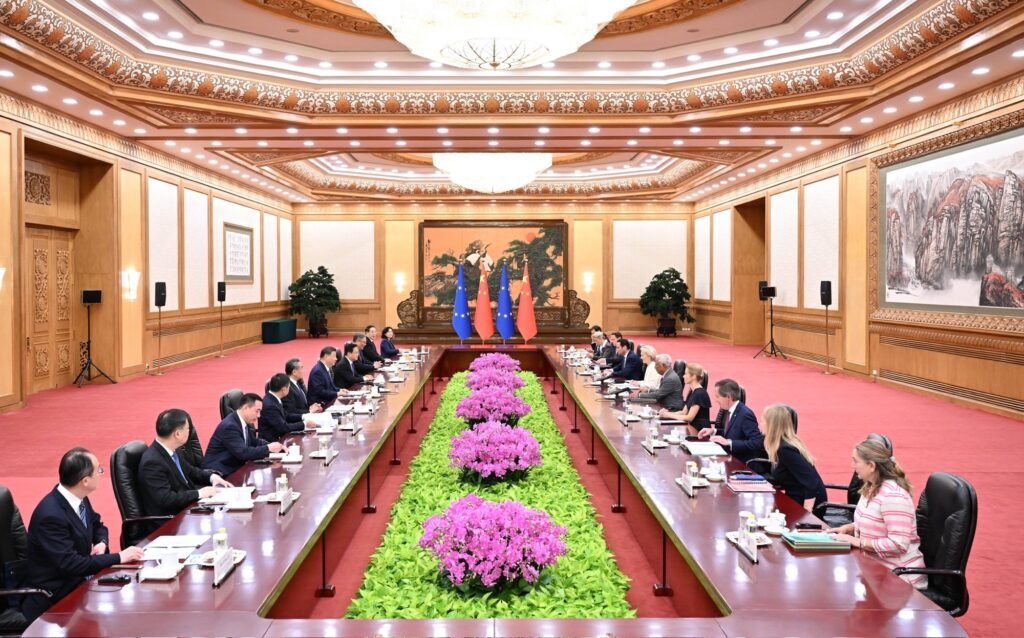
Strategic Economic Dialogue and Constructive Engagement
On economic matters, both sides acknowledged the complexity of the current global environment and the need to manage interdependence responsibly.
China and the EU agreed to continue high-level dialogues on the economy and trade, digital economy, and global supply chain resilience. The two sides underscored their mutual interest in ensuring fair and open markets, while managing risks through constructive channels.
While the EU reiterated its “de-risking” policy, Chinese officials emphasized the importance of rejecting decoupling and protectionism, urging all major economies to work together for stable, rules-based trade cooperation.
A Forward-Looking Relationship with Global Significance
As two of the world’s largest economies and global players, the EU and China acknowledged their shared responsibility to contribute to global stability, economic recovery, and climate leadership.
The summit reaffirmed that positive cooperation is possible even amid differences, and that constructive engagement remains the most effective way to address global challenges.
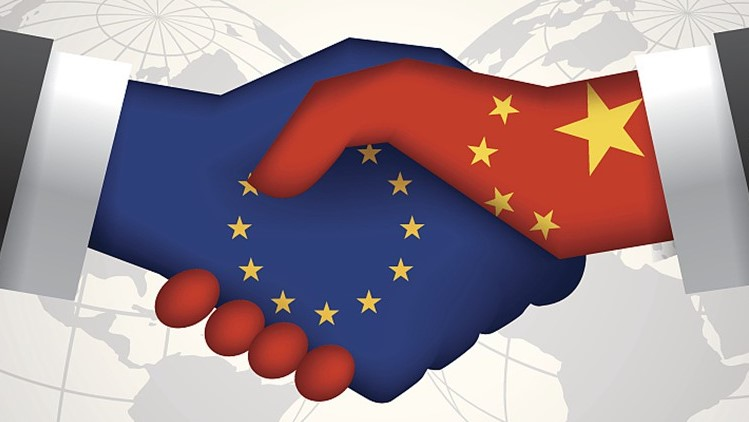
Conclusion: Partnership with Purpose
The 2025 EU-China Summit in Beijing has sent a strong signal to the international community: cooperation between major global powers is essential for a more stable, sustainable, and peaceful world. With renewed commitments on climate change, multilateralism, and economic dialogue, the EU and China have reinforced their joint role in global governance and sustainable development.
As Diplo Insights continues to monitor evolving diplomacy in the 21st century, this summit stands as a reminder that the future of international relations lies not in confrontation, but in coordination, cooperation, and mutual respect.



